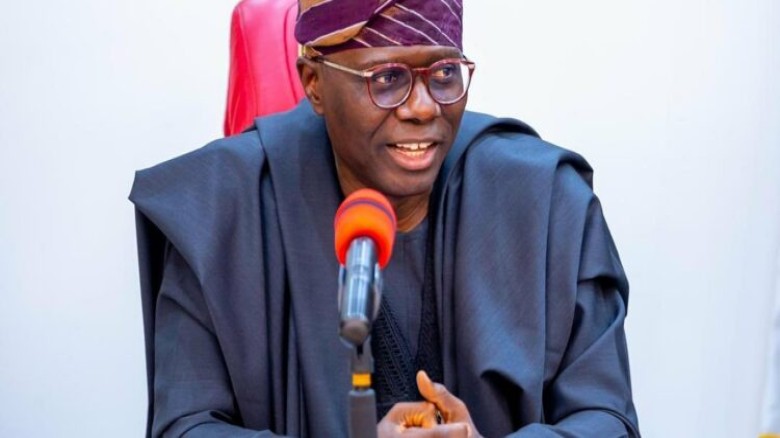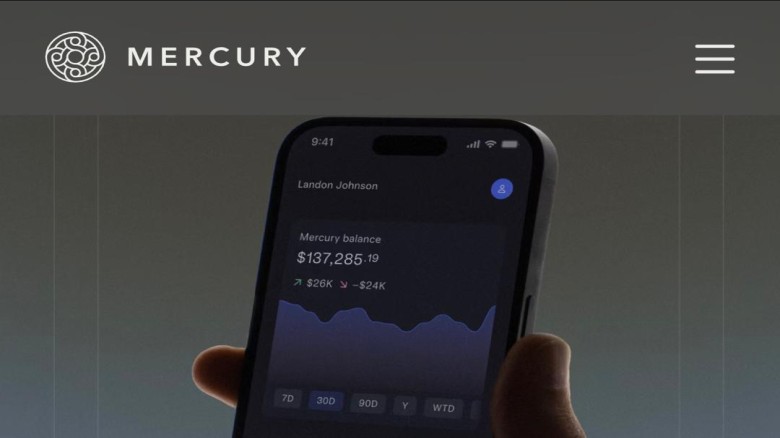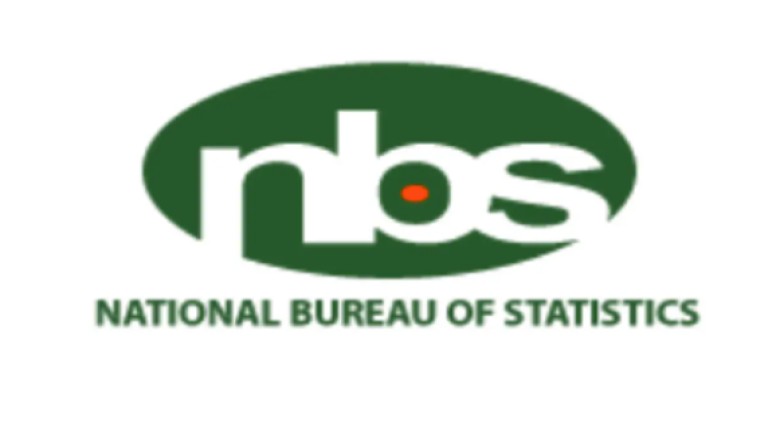US fintech Mercury Bank to close accounts linked to Nigeria
Mercury, an American financial technology corporation, has announced plans to cancel accounts for businesses in various countries, including Nigeria, beginning August 22, 2024.
The corporation recently altered its qualifying rules for creating accounts, and this decision is part of that.
Mercury has chosen 15 African nations as part of 37 countries where it will no longer provide services, according to a list released on its website. This list includes countries such as Russia. Mercury will also stop supplying organizations whose founders hold passports from Belarus, Cuba, Iran, North Korea, Syria, Ukraine, and Venezuela.
Affected clients received emails informing them of the impending account closures. Mercury apologized for any disruption and pledged cooperation during the transition time, stating:
"We encourage US-based startups formed by people from all over the world, as well as founders and venture capital firms. We are currently unable to open accounts for founders living in the following countries and areas.
Customers are encouraged to take the appropriate steps before the August 22 deadline, after which access will be restricted to reading account papers.
The corporation did not disclose specific reasons for the adjustments in eligibility requirements. Oo Nwoye, a major figure in Nigeria's tech sector, raised concern on social media about the potential impact on the country's fintech businesses, saying, "Hopefully it doesn't affect all those our multi-currency startups."
Mercury has already taken action against African technology businesses. Mercury was founded in 2017 and currently supports over 100,000 enterprises, the majority of which are startups.
In a similar incident in March 2022, the company was scrutinized for its procedures regarding overseas account openings through its partner, Choice Bank. The FDIC expressed worries about accounts being opened in nations regarded legally hazardous, causing Mercury to shut the accounts of multiple African digital businesses, including many in Nigeria.
Mercury did not provide detailed explanations for its activities or issue warnings to the affected firms until concerns were raised in the African digital scene. CEO Immad Akhund later emphasized that the company followed internal procedures in accordance with regulatory standards.
Mercury's decision highlights the persistent hurdles that multinational entrepreneurs confront when negotiating US banking laws, which have an impact on enterprises across multiple global areas.
























Leave A Comment